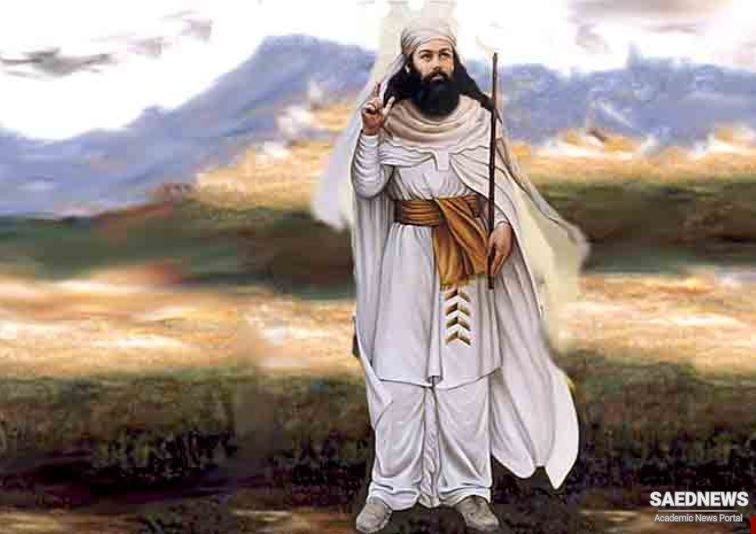From the Rivayat of Kamdin Bahreh - the question is: An ancient ostudan (place where the bones are collected) is on the land of non-Iranians (non-Zoroastrians), and whenever that land is watered, the bones of the dead float on the water and the nonIranians would not sell and would not allow us to build a wall around the gathered bones. We fear that they will take the ostudan to the sown field and that those bones will end under the earth and become part of it.
The answer is: The king has to be begged so that the bones be taken from the water. The enquirer said that this has been done but, due to the shame felt in the face of people and fear of the king, we have abandoned that place. Yet we cannot indefinitely rely on mere hope. The answer: Bad and good periods are just temporary, and one has to struggle and keep hope in a better fate. The day may come that that land will be taken back from the non-Iranians, and if one exerts oneself and that effort is fruitful, an immense kirfeh (boon) will be obtained, and if it is in vain, your sin will be small therein.
From the Rivayat of Nariman Hushang - the question is: Question: Any fruit that is grown by Muslims and given to you by them, can it be eaten or not; and is it suitable to sit and eat with infidels and non-Iranians. The answer is: Any fruit that gives off moisture, that in it has seeds, if it is washed it can be eaten when brought by their hands, but if it is seedless, according to the Good Religion one cannot [eat if brought by them], and sitting and eating with them is not to be done under any circumstances and is a sin.
The delicate subject of conversions is tackled here too. The Zoroastrian mubids of Iran who were preoccupied by the decline of their parish encouraged their co-religionists in India to convert people who showed interest in the faith. In Iran, the Muslim clergy would have severely punished any missionary activity on their part, whereas the liberal Muslim rulers of India would have tolerated at least the conversion of Hindus to Zoroastrianism.


 Old Socio-Political Practices and New Age Rules
Old Socio-Political Practices and New Age Rules














































